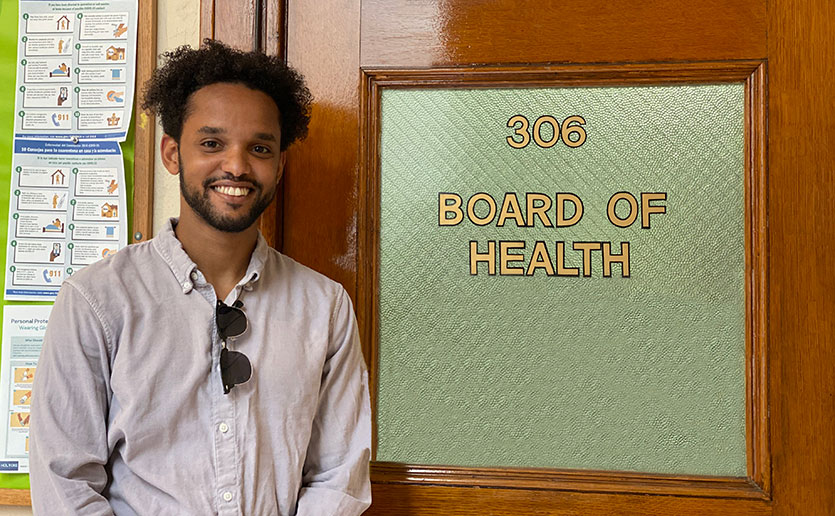A message from Susan Edgman-Levitan, PA-C, and Christine Ritchie, MD, MSPH, Massachusetts General Hospital patient care and medical decision-making leaders.
COVID-19 has affected all of us. By taking steps to plan now, you can help your family, friends and medical providers.
Plan Ahead Now
Your Medications
- Make a list of your medications (name, dose, etc.) and keep it on hand.
- Plan for refills and contact your clinic, hospital or pharmacy now.
- Call your pharmacy to see if your medicines can be sent to your home.
Your Money and Bills
- Choose someone you trust who could help with your money and bills and who knows how to access your financial information and accounts, including passwords.
- Beware of scams. Do not give strangers information about your money.
- If you receive Social Security, your money will still come.
- The Patient Advocate Foundation can help you find resources to help lessen the financial burden of medical treatment.
Your Pets
- Choose someone who could take care of your pets. Make sure they have the name of your vet, instructions on caring for your pet and a list of your pet’s medical issues.
- Give them a house key, in case they need to get in to care for your pet.
- Ask your pet store to deliver pet food and supplies, or use an online ordering service.
Your Medical Care Plan: Action Steps
Share your wishes about the care you want.
- Think about what is most important in your life: family, pets, hobbies, etc. This can be a difficult exercise, but planning can make it easier for your family to make decisions.
- Cake is a planning tool that can help you explore, document and share all your health, legal, funeral and legacy decisions.
Choose a medical decision maker or health care proxy. This person will speak for you if you cannot speak for yourself due to a medical condition. Choose a back-up health care proxy if you are able.
- A health care proxy (medical decision maker) can make sure your doctors know about the care you want.
- A good health care proxy (medical decision maker) is someone who:
- you trust to follow your wishes.
- can talk to your doctors in person or by phone.
- knows your wishes about the care you want and do not want.
- Let your health care proxy know you chose them for this role.
- A good health care proxy (medical decision maker) is someone who:
Think about and consider sharing what you want for your medical care.
- Talk with your health care proxy, family or friends, as well as your medical provider, about the care you want. Prepare for your Care is a website that shows you how to have these conversations.
- You can talk to others by phone, selfie video, or video call using WhatsApp, Zoom, Skype or FaceTime (a video-call feature on Apple devices).
- Download and complete the Massachusetts Medical Orders for Life Sustaining Treatment form.
Consider completing an “Advance Directive.”
- This form allows you to name your decision maker and write down what you want for your medical care, in case you cannot speak for yourself due to a medical condition.
- If you already have an advance directive, review it, update it and share it with your health care proxy (medical decision maker) and your medical provider.
- Advance Directive forms are available at Prepare for Your Care.org.
- It is OK if you can’t sign the form or get witnesses right now.
- Reading the form can help you think through what kind of care you want.
- Filling out the form can help your family and providers know more about the care you want and do not want.
- You can scan/fax, email, or send a picture of the form from your cell phone to your health care proxy (medical decision maker), medical provider and others whom you trust.
Prepare for a Hospital Stay
A new hospital rule during the COVID-19 crisis is that patients cannot have family and friends visit. Therefore, it is helpful to prepare a list, in advance, of what you would need to bring from home. These suggestions will help you get started.
Papers and information
- Phone numbers, key contacts to give your medical providers, including the person(s) you designate as your health care proxy/ies (see above)
- List of your medications (or bring the pill bottles)
- Advance directive or medical wishes information (see above)
- Plans for your pets or bills
Equipment
- Phone, tablet and/or computer (and their chargers!) can help you stay connected to family and friends
- Glasses, hearing aids, dentures and other such items
- Ear plugs, sleep masks, books and clothing







